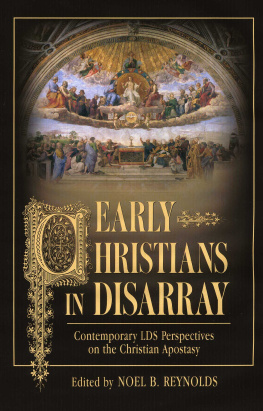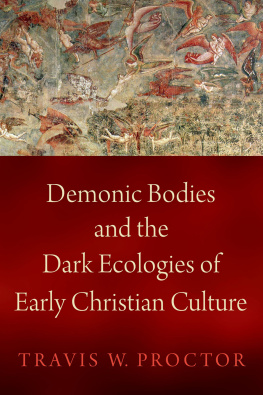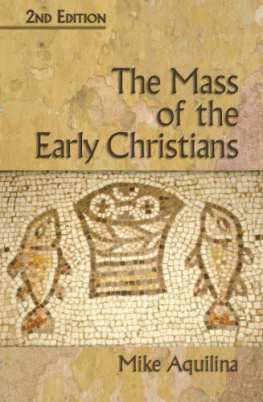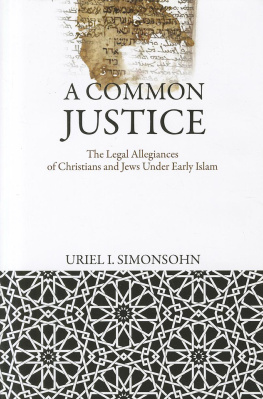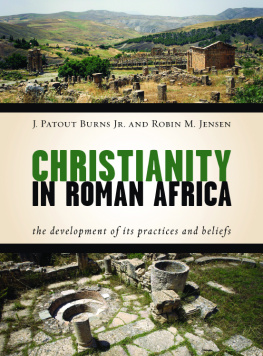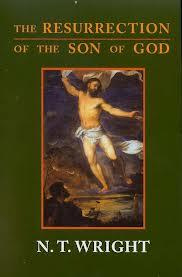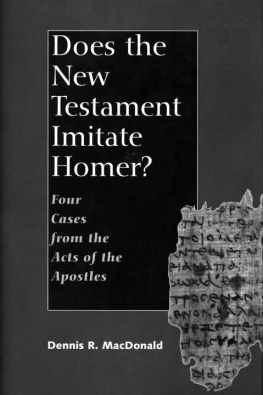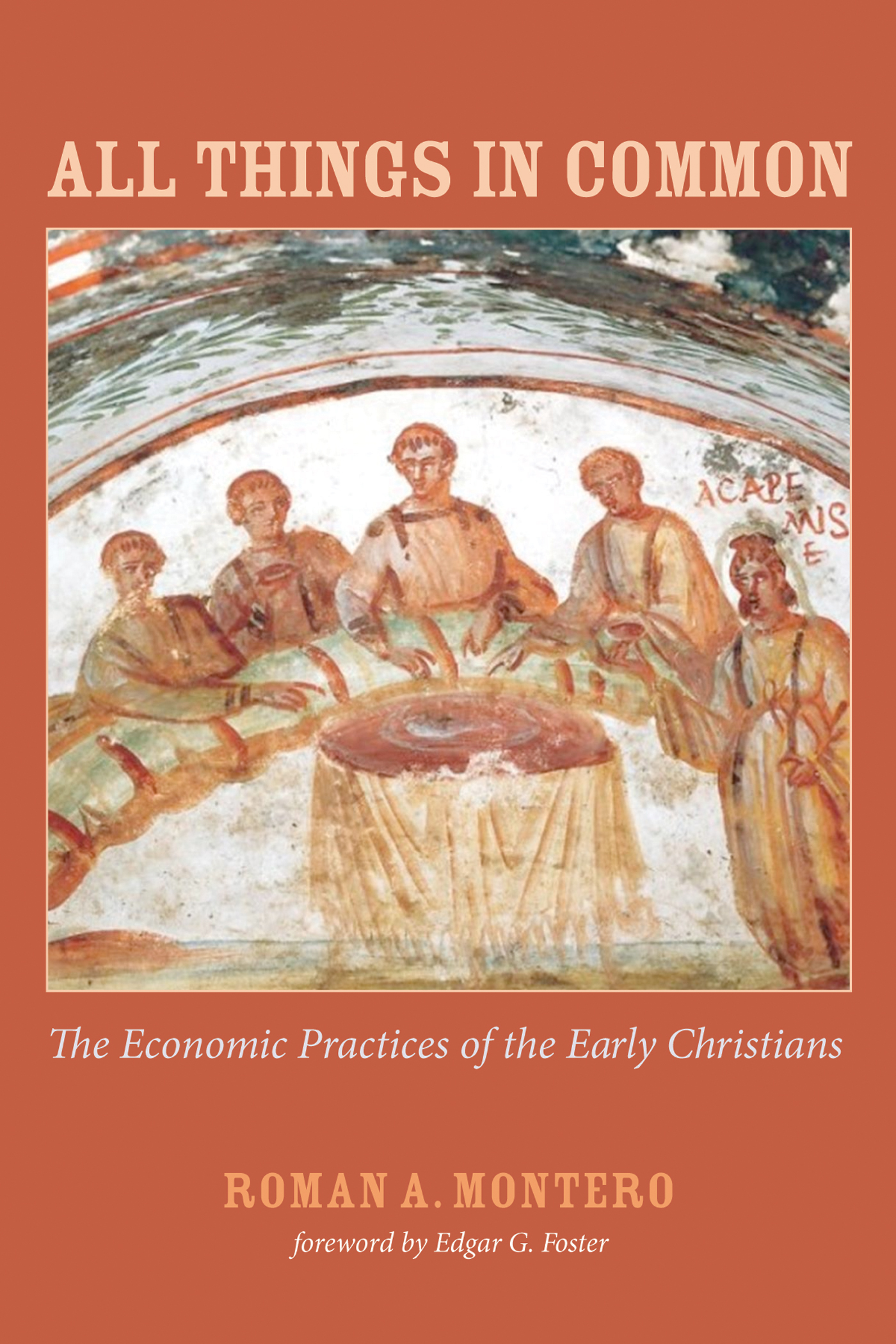Foreword
A cademics classify economics as a social science along with psychology, anthropology, sociology, and history; the social sciences usually are distinguished from the so-called hard sciences like physics, chemistry, biology or astronomy. Nevertheless, Biblical scholars (among others) have found value in using the social sciences with the aim of illuminating scriptural texts and their respective sociocultural contexts. One can point to studies written by Malina, Pilch, The last-mentioned study offers some cautionary advice for scholars who choose to use social-scientific approaches in their work, and Osiek issues the reminder that the social sciences have their individual strengths and concomitant weaknesses. For example, economics like any other discipline, only models what transpires in the actual world: scientific models do not wholly correspond to things and events in the world. Einstein writes: As far as the laws of mathematics refer to reality, they are not certain , and as far as they are certain , they do not refer to reality. Modeling only approximates reality as opposed to identically mirroring the external world.
The tentative or provisional nature of economic models is not the only thing that Osiek discusses; yet another concern for some is the Marxist foundation of social sciences. The father of sociology is Auguste Comte. He originated the term sociology and proffered the view that society unfolded in three stagesreligious, metaphysical, and scientific. Comte insisted that the religious and metaphysical stages depended on non-rigorous and unsatisfactory methods to account for social phenomena, so they lacked genuine explanatory power. He advanced the suggestion that neither religion nor metaphysics have the efficacious potency to account for social phenomena. Hence, Comte proposed that sociologists would eventually develop a scientific approach that would surpass the other two stages with respect to explanatory potency. It is easy to ascertain the elements of positivism at play with Comtes approach since he privileged empiricism, statistics and evolutionary thought. Positivism elevates the quantifiable or focuses on what is measurable, and it supposedly operates without the usual biases of other methods. Nevertheless, opponents of positivism say that no facts are unfiltered: we all start with specific preapprehensions.
The founder of sociology pioneered the way for Marxist conflict theory; Karl Marx consequently shaped his own thought to revolve around class conflict, economic stages, and revolution. But while Hegel portrayed the Weltgeist abstractly or ideally unfolding throughout history by means of a triadic dialectical movement (thesis, antithesis, and synthesis, as it were), Marx understood historys dialectical progression to occur by dint of economic changes, that is, via alterations whereby one type of economic system leads to another opposing system, which ultimately culminates in a classless society wherein From each according to his ability , to each according to his needs becomes the applicable and governing slogan. Marx asserted: In a higher phase of communist society, after the enslaving subordination of the individual to the division of labor, and therewith also the antithesis between mental and physical labor, has vanished; after labor has become not only a means of life but lifes prime want; after the productive forces have also increased with the all-around development of the individual, and all the springs of co-operative wealth flow more abundantly, then each would give from his ability to each according to his needs.
Marxian thought has exercised great influence in China, North Korea, Cuba, and the former Soviet Union. Keith Ward considers elements of this philosophy to be both theoretically dubious and highly value-laden and possibly wish-fulfilling. Contra the teachings of Jesus, Marx appeared to emphasize humanitys limitless ability to produce ideal circumstances (rather than looking to Gods sovereign rule); all we need are the right conditions to make social environments flourish. Nonetheless, a theory like Marxism that stresses human potency and creaturely governance clashes head-on with the Christian doctrine of sin, on one hand, and divine omnipotence from another perspective. Only God is able to bring about liberation, not the creature. Ward also contends that Marxian theory potentially fails on two other fronts: ) Human life is characterized by aggression and avid desire; ) Marxist governments have been tried and found wanting. Of course, there are possible responses to these criticisms, but the important question is whether communitarianism in the relevant sense is feasible within a Christian setting.
Marxism and Christianity seem to be diametrical opposites: hardly anyone disputes that point. So is it possible to redeem elements of this philosophy so that it becomes applicable for communities like the ancient Christian ecclesia? Roman A. Monteros work All Things in Common makes an interesting proposal by employing the famous Marxist slogan as a springboard for discussing practices of the early Christian congregation, concerning which Luke narrates in Acts of the Apostles; however, Montero argues that while Marx might have articulated the slogan, From each according to his ability , to each according to his needs , there is evidence that early Christians somehow lived by the slogan since Luke reports that certain followers of Jesus held all things in common with one another following Pentecost (Acts :; :). Montero invokes history and economics in the process of setting forth an arresting narrative. Yet how does he contribute to the growing use of social-scientific approaches in Biblical studies?
The aforementioned proposal, which indicates that ancient Christians shared all things in common, is not entirely new. The Lukan account of Acts testifies to a sharing of communal property in some sense, and the Apostle Paul later writes about an equalizing taking place between giver and recipient ( Corinthians : 1315 ), an idea that he finds supported in the Hebrew Bible (Exodus :). Pauls advocacy for equalizing material goods ultimately occurs within the context of a letter addressed to Corinthian Christians (cf. Romans : 2527 ; Corinthians :). In this particular correspondence, the author exhorts his readers to support a ministry for poor Christians; moreover, one encounters similar ideas in the Qumran scrolls of the Dead Sea Community. Tertullian (ca. 160240 C.E.), a North African apologist belonging to the church, likewise refers to the ecclesiastical practice of holding material goods in common (Apology .). Still, Monteros study is unique insofar as he argues that early Christians lived by the communitarian principle, they shared all things in common, and the early followers of Jesus subsequently thrivedeven outlasting the indomitable Roman Empire that persecuted the nascent ecclesia, sometimes quite brutally.
Montero suggests that the practices outlined by Luke were not limited to a few congregations or to a circumscribed area. To the contrary, he thinks early followers of Jesus applied From each according to his ability , to each according to his needs across the entire Greco-Roman world for at least the first two centuries of the Christian communitys existence. If his idea turns out to fit the evidence, then a case would be made that when this principle is applied within a Christian setting or implemented properly, then it possibly might yield a unified and budding community that honors God. Nevertheless, how does one go about examining such an idea? Which scholarly methods should be utilized?


